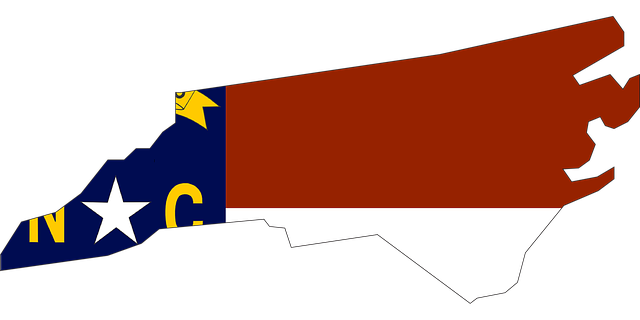North Carolina's strict spam call laws, including the Telephone Consumer Protection Act (TCPA), restrict automated calls without consent. Call screening tools, powered by AI and staff training, help law firms differentiate legitimate leads from spam, avoiding penalties for non-compliance with TCPA regulations. Effective call management protects consumers' privacy and prevents harassment from spam call law firms in North Carolina.
“In today’s digital age, no business is immune to unwanted spam calls. For law firms in North Carolina, these persistent intrusions can be particularly problematic. This comprehensive guide delves into the intricate world of call screening, offering a strategic approach to combat spam calls while navigating the state’s evolving Spam Call Law. From understanding legal protections to implementing robust call screening systems, this article equips law firms with essential tools to safeguard their operations and client relationships.”
Understanding Spam Calls and Legal Protections in North Carolina

In the age of digital communication, spam calls have become a pervasive issue for individuals and businesses alike in North Carolina. These unwanted phone calls often originate from law firms or financial institutions, promoting dubious services or trying to sell products. While it’s a common nuisance, North Carolina has implemented laws to protect residents from these spam calls.
The Telephone Consumer Protection Act (TCPA) is a federal law that sets guidelines for telemarketing practices and includes provisions against automated or prerecorded calls unless the caller has obtained prior express consent. Additionally, North Carolina’s state laws further strengthen consumer protections, ensuring that individuals can take action against persistent spam call law firms. Residents are advised to report such calls to relevant authorities and explore legal options if needed, leveraging the state’s regulations to curb excessive spamming activities.
The Role of Call Screening in Preventing Harassment

Call screening plays a pivotal role in preventing harassment, especially from spam call law firms operating in North Carolina. With strict regulations in place to combat unsolicited calls, effective call screening is crucial for businesses and individuals alike. By implementing robust call screening practices, recipients can significantly reduce the volume of unwanted or potentially malicious calls they receive.
This proactive measure allows them to exercise control over their communication channels, ensuring a safer and more peaceful environment. It’s not just about blocking spam; it’s about empowering people to manage their time, privacy, and overall well-being by curating who reaches out. Call screening becomes an essential defense mechanism in the ongoing battle against harassing calls, especially as laws continue to evolve to protect consumers from intrusive practices.
Best Practices for Implementing Effective Call Screening Systems

Implementing an effective call screening system is crucial for law firms in North Carolina, especially with the rise of spam calls. Best practices involve integrating advanced technology that can accurately identify and filter out unwanted calls. Automated systems utilizing artificial intelligence (AI) and machine learning algorithms are highly effective at distinguishing between legitimate calls and spam, ensuring only relevant prospects reach your receptionists.
Training staff to handle screened calls efficiently is also vital. This includes providing clear guidelines on how to manage valid leads while maintaining a professional demeanor when declining or blocking spam calls. Regularly updating call screening criteria to adapt to evolving spamming trends will help keep your system effective and compliant with the Spam Call Law, ensuring a seamless experience for both clients and staff.
Navigating Spam Call Laws: Rights and Responsibilities of Law Firms

In North Carolina, just as in many other states, law firms have a responsibility to navigate and adhere to strict spam call laws designed to protect consumers from unwanted phone marketing. These regulations, part of the broader Telephone Consumer Protection Act (TCPA), come with both rights and responsibilities for legal professionals.
Law firms must ensure they obtain prior express written consent from individuals before placing automated calls or sending text messages for marketing purposes. This includes not only clients but also prospective customers. Failure to comply can result in significant financial penalties, damage to reputation, and even class-action lawsuits. Understanding and adhering to these spam call laws is crucial for law firms in North Carolina to maintain compliance, respect consumer privacy, and foster a positive public image.






